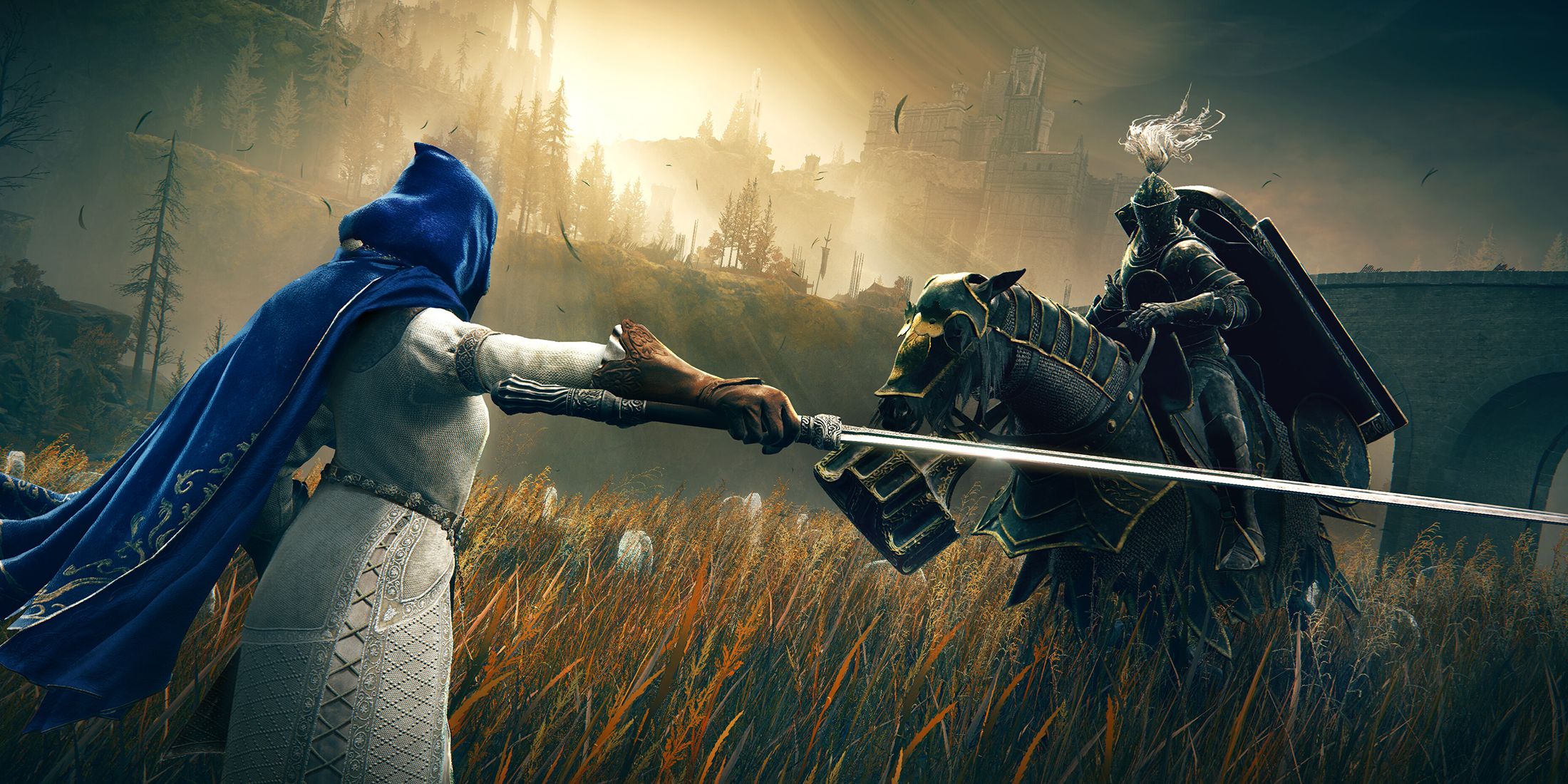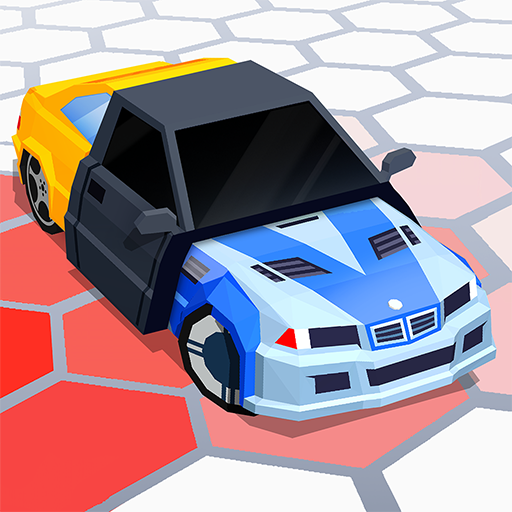Capcom Uses AI to Generate Vast In-Game Environment Ideas
In the ever-evolving world of video game development, Capcom is pushing the boundaries by integrating generative AI to generate the "hundreds of thousands" of ideas needed for in-game environments. As the costs associated with game development continue to soar, major publishers are turning to AI tools to streamline processes and reduce expenses. For instance, Call of Duty made headlines by selling an "AI-generated cosmetic" for Call of Duty: Modern Warfare 3 in late 2023, and fans have speculated about Activision's use of generative AI for a loading screen. Meanwhile, EA has boldly stated that AI is at "the very core" of its business strategy.
In a recent interview with Google Cloud Japan, Kazuki Abe, a technical director at Capcom with experience on blockbuster titles like Monster Hunter: World and Exoprimal, shed light on how the company is experimenting with AI in its game development pipeline. Abe highlighted that one of the most labor-intensive aspects of game creation is the generation of unique ideas, particularly for in-game objects like televisions, which require distinct designs, logos, and shapes. "Including unused ones, we ended up having to come up with hundreds of thousands of ideas," Abe noted (via Automaton).
To address this challenge, Abe developed a system where generative AI can analyze various game design documents and produce a multitude of ideas. This not only accelerates the development process but also allows the AI to provide feedback and refine its outputs. His prototype leverages multiple AI models, including Google Gemini Pro, Gemini Flash, and Imagen, and has garnered positive feedback from Capcom's internal development teams. Implementing this AI model is expected to "reduce costs significantly" while simultaneously enhancing the quality of the output.
Currently, Capcom's use of AI is confined to this specific system, ensuring that other critical aspects of game development, such as ideation, gameplay mechanics, programming, and character design, remain the domain of human creativity and expertise.
- 1 STARSEED Update: Codes for January 2025 Released Feb 25,2025
- 2 Pokémon TCG Pocket: Wonder Pick Date, Time, and Promo Cards – February 2025 Mar 03,2025
- 3 How to Get All Ability Outfits in Infinity Nikki Feb 28,2025
- 4 Black Myth: Wukong Tops Steam Charts Days Before its Launch Jan 07,2025
- 5 Ukrainian Internet Stalled as 'S.T.A.L.K.E.R. 2' Release Overwhelms Dec 30,2024
- 6 inZOI, a Korean Sims-Like, Delayed to March 2025 Mar 01,2025
- 7 Starseed Asnia Trigger Codes (January 2025) Mar 06,2025
- 8 Assassin's Creed Shadows Postponed to March 2025 for Enhancements Feb 21,2025
-
Budgeting & Investing: Your Guide to Financial Apps
A total of 9
-
Addictive Hypercasual Games for Quick Play
A total of 10
-
Best Role Playing Games for Android
A total of 10






























